10 warning signs of poor blood circulation
Blood circulation transports nutrients and oxygen to all parts of the body. Any problem with the circulatory system can lead to many health problems.
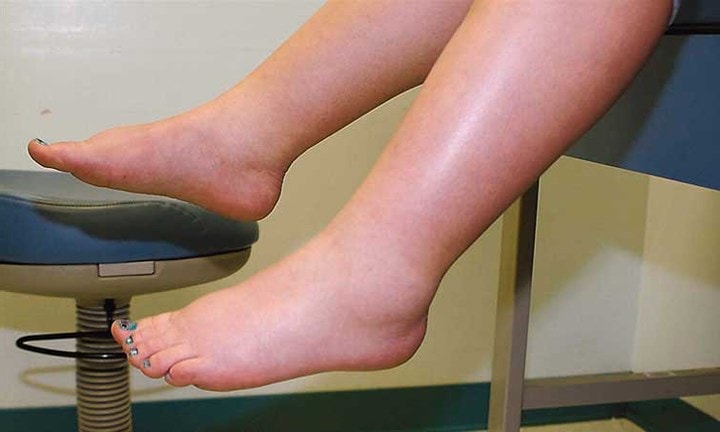 |
| Chronic swelling or edema: Mild cases of swelling in the feet can be caused by sitting or standing in one position for too long, high salt intake, malnutrition, obesity, aging, a sedentary lifestyle, premenstrual syndrome (PMS), and pregnancy. However, if you have swelling or edema in your feet for a long time, it could be due to poor circulation. In severe cases, poor circulation can also cause foot ulcers. |
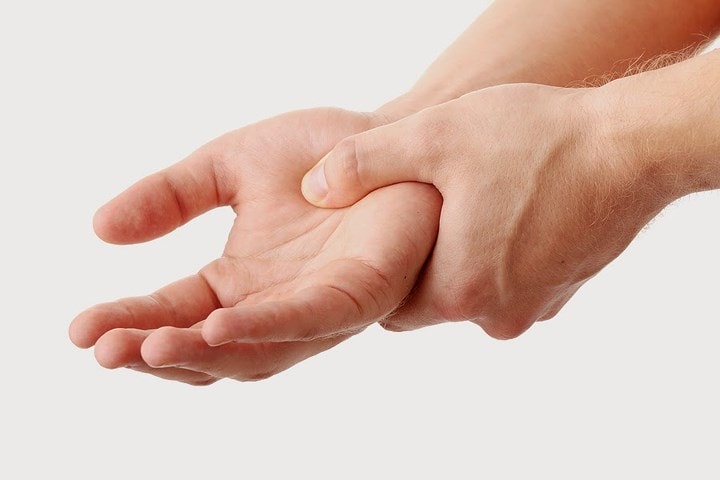 |
| Numbness in hands and feet: Feeling numb in certain parts of your body, especially your lower limbs (hands and feet), can also be a sign of poor circulation. You can also experience numbness due to pressure on your hands or feet, or due to a sedentary lifestyle and nutritional deficiencies of vitamin B12 and magnesium. |
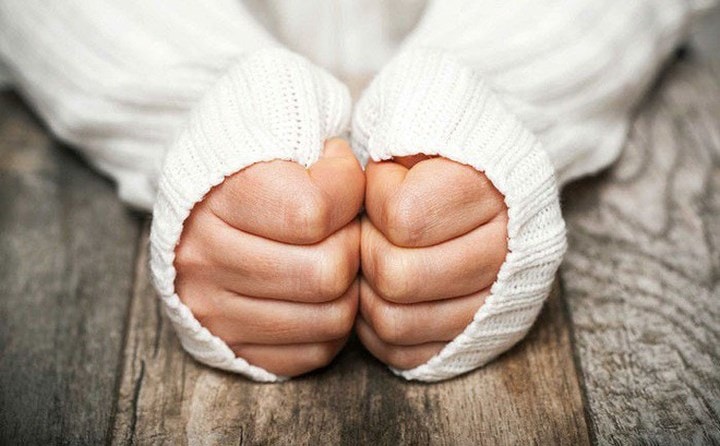 |
| Cold hands and feet: Proper blood flow helps maintain a stable body temperature. When blood flow is disrupted, the body cannot maintain a normal temperature, resulting in cold hands and feet. Due to poor circulation, blood cannot move easily to the furthest parts of the body, such as the fingers and toes. Reduced oxygen levels in the body's cells can result in extremely cold extremities. |
 |
| Chronic Fatigue: Fatigue is a common result of overwork and taking various medications. However, constant fatigue can also indicate inadequate blood supply to various body parts. This causes the organs to work harder to perform their normal functions. It even affects the muscles, as they do not receive enough oxygen and nutrients. |
 |
| Weak Immune System: A weak circulatory system will have a direct impact on your immune system. Due to poor circulation, the vitamins and minerals that your body needs to fight infections are not distributed in a timely manner and in the proper amounts. This affects your body's ability to detect and fight pathogens. |
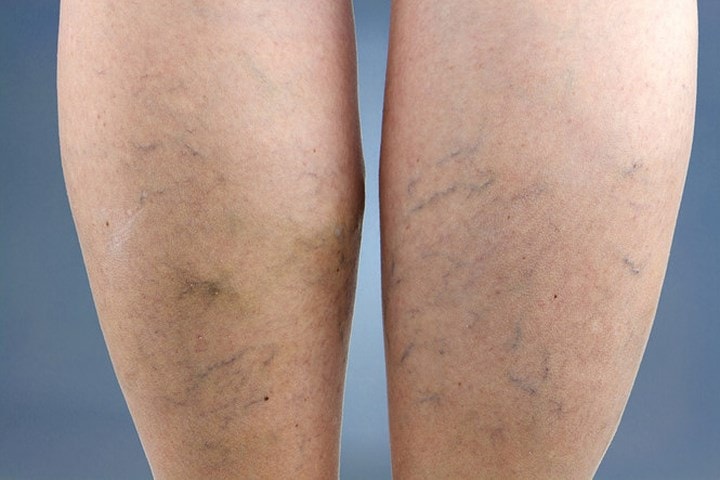 |
| Varicose Veins: Varicose veins in the legs can be a symptom as well as a cause of poor circulation. Due to improper blood flow, pressure increases and causes the veins just below the skin’s surface to swell, twist, and become very visible. Varicose veins tend to appear on the lower legs and cause pain, itching, restlessness, a burning sensation, and heaviness in the legs. |
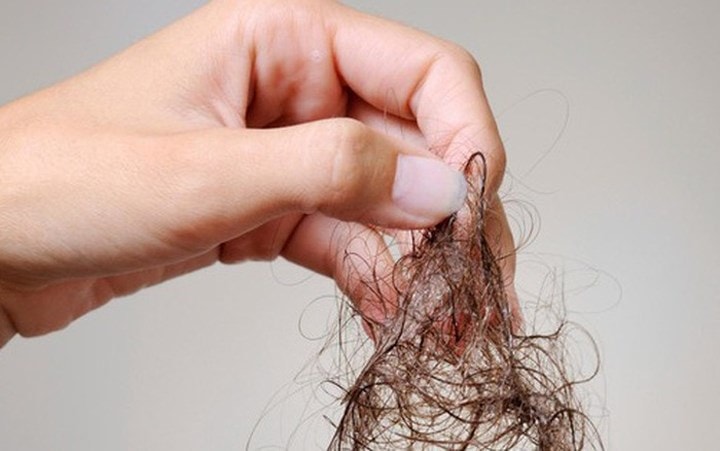 |
| Hair Loss: Hair loss without any reason can be a sign of insufficient blood flow to your body organs. When the scalp does not receive essential nutrients, the hair becomes thin, dry and starts falling out at a rapid rate. Hair experts recommend massaging the scalp with the right hair oil to treat hair loss. Head massage helps increase blood flow to the hair follicles. Poor circulation also causes dry skin and brittle nails due to lack of nutrients. |
 |
| Erectile dysfunction (ED): In men, poor blood circulation leading to reduced blood flow to the reproductive organs can also cause erectile dysfunction. Additionally, ED is often associated with atherosclerosis. Therefore, it is recommended that men with this problem see a doctor for a cardiovascular evaluation. |
 |
| Pale skin: If your skin or lips turn blue, it may indicate low blood oxygen or poor circulation. Low blood oxygen levels cause the color to change from bright red to darker. This makes the skin around your eyes, gums, and lips look blue. Even your fingers and toes may look slightly bruised. |
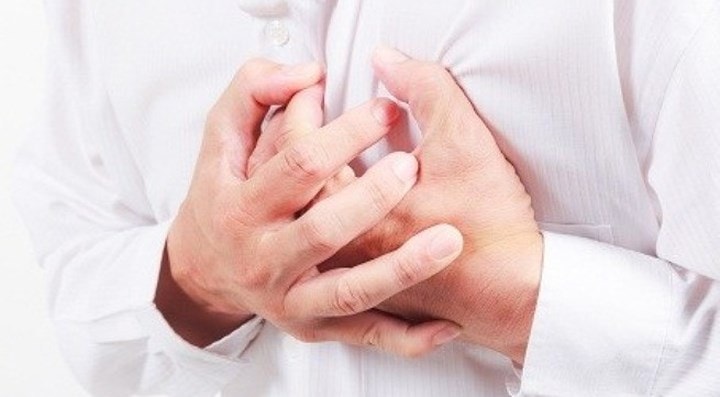 |
| Angina: The heart is responsible for pumping blood around the body, but it also needs adequate blood flow to function properly. Poor blood circulation in the arteries to the heart causes tightness and heaviness in the chest. Chest pain can also be a sign of atherosclerosis. If you experience chest pain, consult a doctor immediately to prevent a life-threatening medical problem. |
